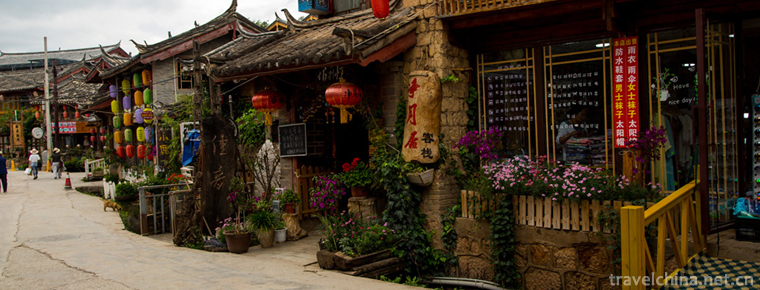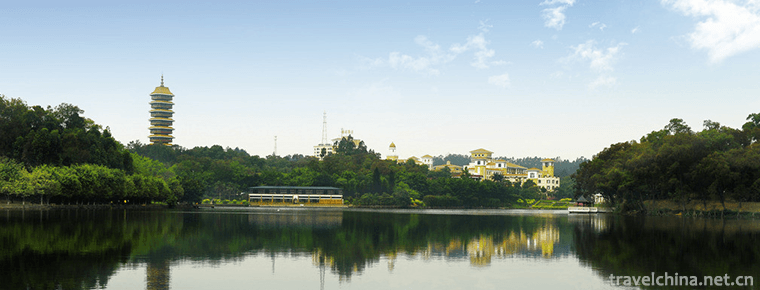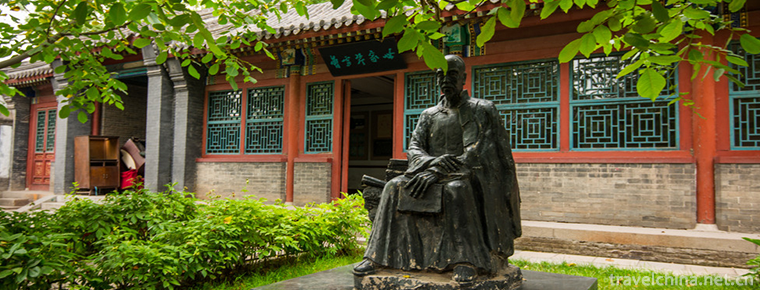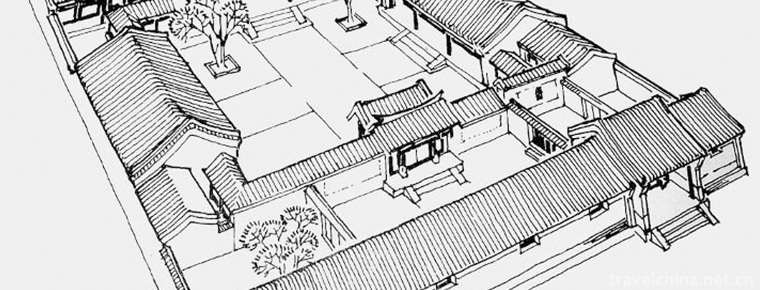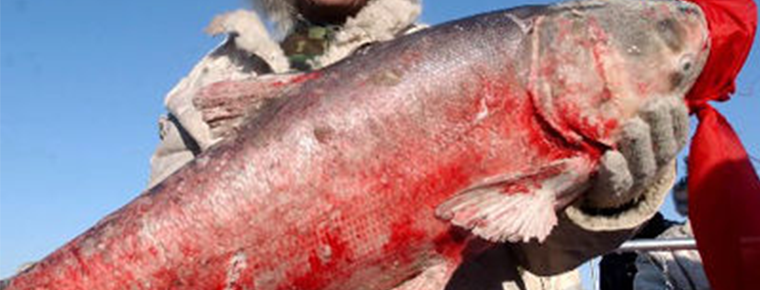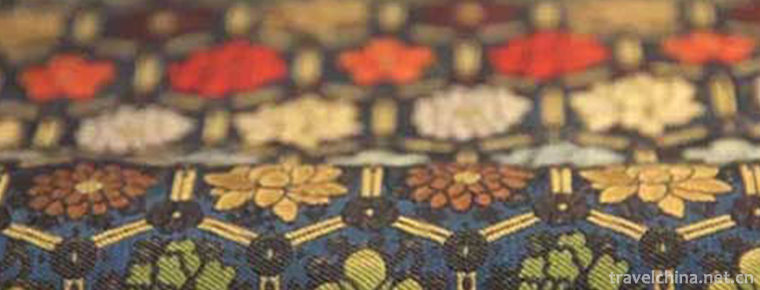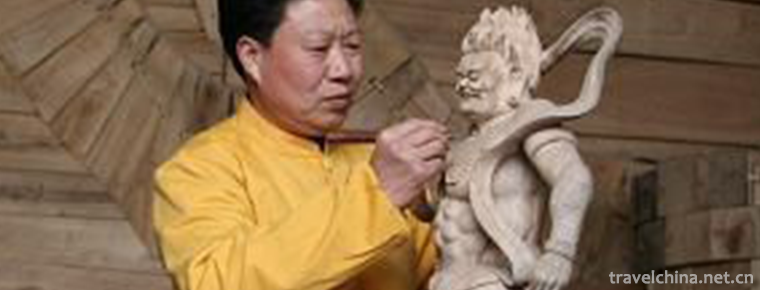Sacrifice forest
Sacrifice forest
Sacrifice to the gods of villages, as well as "Amaron" and "Pumatu" and other names, is a traditional festival of the Hani people, which takes villages as units and integrates religious and entertainment activities.
Main activities
The Hani people living in Ailao Mountains, Yunnan Province, no matter which branch they belong to, have an "Amatotu" festival, a festival to worship the gods of villages. Among them, the most important is the "Amatotu" of the Hani people in Pugui Village, Yinyuan Town, Yuanjiang County. Every year, they hold a three-day festival to worship the village shrines.
Two groups of male villagers, driving animals, carrying pots, bowls and ladles, were led by "Mobi" (religious leaders) to the water source Longtan and the mountain, two or three kilometers away from the village, for sacrificial activities. In the activities of offering sacrifices to mountain gods and dragon pools, people must take off their shoes, barefoot or wear socks before they can enter the sacrificial site. The next day, we will go to the deep mountain covered by forest - the source of the canal for sacrificial activities, and the sacrificial ditch can be entered by wearing shoes. In the activities of sacrificing mountain gods, sacrificing dragon pools and sacrificing water ditches, all the animals, big or small, are slaughtered and cooked on the spot. Boiled and then sacrificed to the gods - the tree of gods, and then shared, symbolizing the protection of the gods.
The sacrifice to the village god forest is the most lively, solemn and mysterious sacrificial activity in the past three days. In the early morning, when the morning glow was full and the weather was very good, the villagers rushed the cattle to the village immediately above the sacrificial platform of the village gods. Men are busy according to their division of labor, morning glory, water carrying, pot lifting, bowl taking, wine lifting, firewood delivering, fire making, water boiling... Smoke filled the forest of Zhai Shenlin, and people came and went on the sacrificial platform in a tense and orderly manner. Women are not allowed to participate in all sacrificial activities. There are also special rules for sacrificing the village gods. When slaughtering animals and sacrificing the God trees, no foreigners are allowed to take part in the sacrifice, let alone photograph by anyone.
After the completion of the main sacrificial activities every day, the villagers gathered in the village's only open space and danced "Canla and Twist" together happily and tirelessly. Drum and gong sounds are simple and pure, thick and distant, and the "Canla and Twist" dance is concise, lively and relaxed, with a jump lasting three or four hours.
Inheritance significance
"Sacrifice Village Shenlin" is a traditional folk festival in the Hani minority areas. Through annual sacrificial activities, we pray for a bumper harvest of Hani terrace agriculture; bless the villagers with prosperity, good luck, tranquility and natural communication; inherit Hani's traditional production and life, virtue, singing and dancing knowledge and skills; praise Hani's national spiritual wisdom, good morality; publicize and display the local Hani people's culture. The inheritance genealogy of Shenlin is very complex. The inheritors require strict conditions. They must have high moral values, both husband and wife, children, family harmony and no violation of discipline. The representative inheritor is Lu Literature, a villager of Dayutang Village, Tuguozhai Village Committee, Xinjie Town, Yuanyang County. His family has been the priest who presided over the sacrificial forest of the village since his great-grandfather (Hani: Migu).
Protection status
The sacrificial village of Shenlin is a kind of traditional skill and folk custom which was approved by the State Council in 2011 and listed in the third batch of national intangible cultural heritage list.

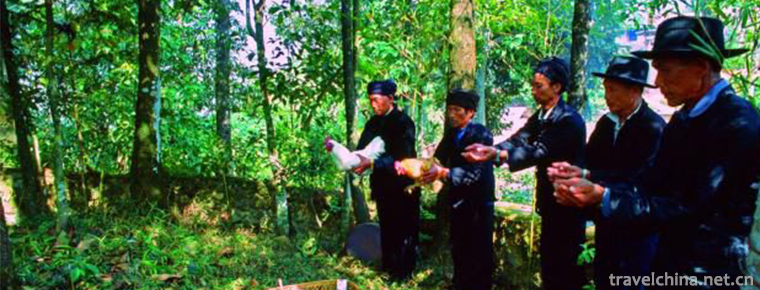
-
sanshui forest park
Sanshui Forest Park is located in the north suburb of the southwest town of Sanshui District, Foshan City, Guangdong Province..
Views: 142 Time 2018-12-18 -
Baiyunshan National Forest Park Luoyang
Baiyunshan National Forest Park is located in the primitive forest area of Funiu Mountain in the southwest of Songxian County, Luoyang City, Henan Province, with a total area of 168 square kilometers.
Views: 190 Time 2019-02-06 -
Rong Guo Fu
Rongguofu, located in Zhengding County, Shijiazhuang City, Hebei Province, is a group of archaized buildings with the culture of the late Ming and early Qing Dynasties as the background. In 1986.
Views: 195 Time 2019-02-07 -
Traditional Building Techniques of Beijing Siheyuan
Beijing quadrangle traditional craftsmanship, Beijing local traditional handicraft, one of the national intangible cultural heritage..
Views: 662 Time 2019-04-04 -
Winter capture of Chagan Lake
Winter fishing in Chagan Lake, namely ice and snow fishing (or hunting) in Chagan Lake in winter, is a traditional fishery production mode (custom) in Qianguoerros Mongolian Autonomous County.
Views: 166 Time 2019-04-15 -
Song Brocade Weaving Skills
Song brocade weaving technology, traditional handicraft in Suzhou City, Jiangsu Province, is one of the national intangible cultural heritage..
Views: 86 Time 2019-06-16 -
Skills of Dry Lacquer and Ramie in Tiantai Mountains
As early as the Eastern Jin Dynasty, dry lacquer and ramie had been used in Tiantai folk. Through the continuous efforts of the substitute craftsmen, their skills gradually matured. In the mid-Tang Dy.
Views: 195 Time 2019-06-21 -
Chengdu University of Technology
Chengdu University of Technology was founded on March 15, 1956 and approved by the State Council. On March 27, the Ministry of Higher Education and the Ministry of Geology jointly issued a paper based.
Views: 129 Time 2019-08-31 -
Sichuan Minzu College
Sichuan College for Nationalities is a full-time general undergraduate college in Sichuan Province. It is also the only national undergraduate college in Kangba Tibetan District. It is located in Guza.
Views: 175 Time 2019-08-31 -
Deng Xiaoping
Deng Xiaoping (August 22, 1904 -1997 February 19th), formerly known as Deng Xiansheng, the scientific name of Deng Xixian, Guang'an, Sichuan. Go to Europe early Work study program After his return, he.
Views: 330 Time 2019-09-07 -
Dazhou hydrology
The rivers in Dazhou city mainly belong to the Jialing River water system, which is a tributary of the Yangtze River. It originates from Daba Mountain and distributes in the form of branches from north to south. Qianhe River, Zhonghe River and Houhe Riv.
Views: 171 Time 2020-12-20
